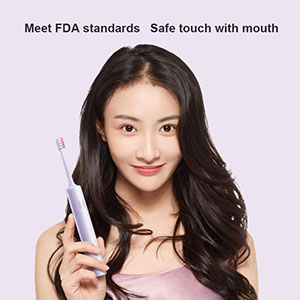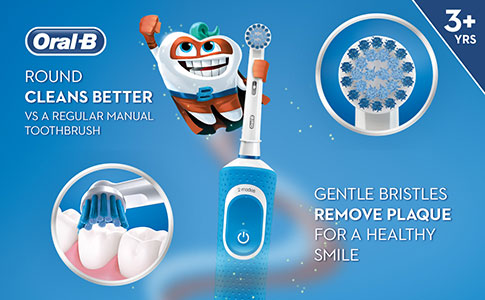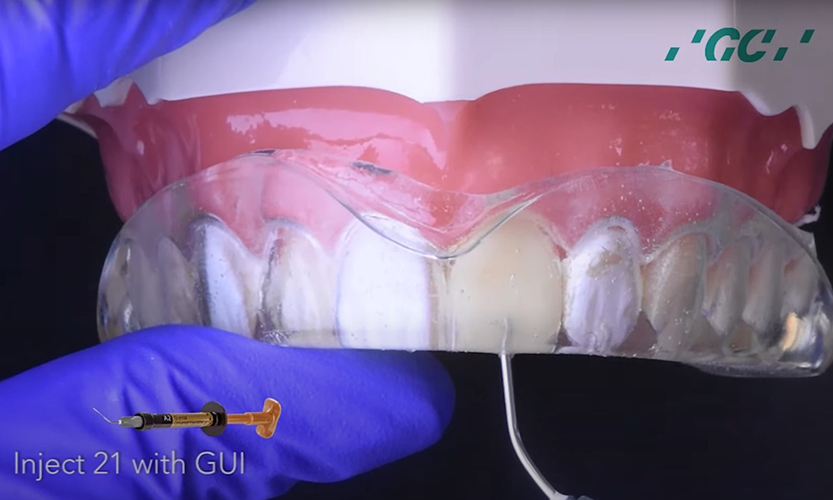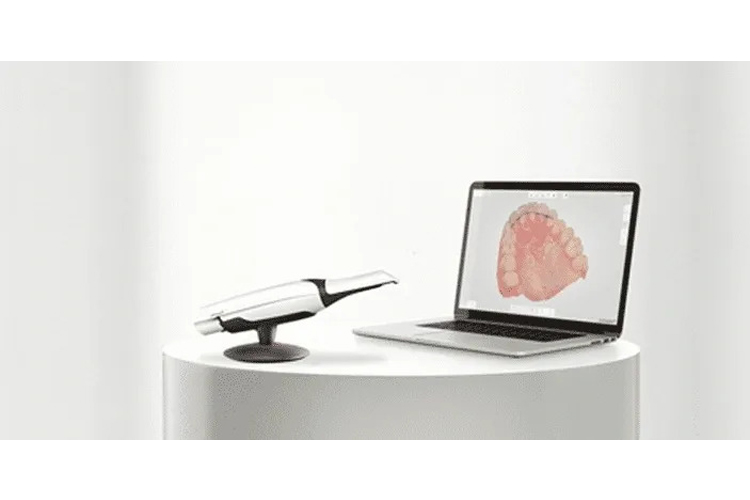Electric Brushes offer us a convenient and effective tool to help keep your teeth healthy.
Here we investigate some of the most frequently asked questions we get at St Lawrence Dentistry about electric toothbrushes.
Are Electric Brushes Effective?
In 2014, a Cochrane investigation showed that electric toothbrushes eliminate more plaque and decrease gum inflammation (compared to manual toothbrushes). This study revealed electric toothbrushes had higher effectiveness than manual ones. For instance, brushers reduced plaque build-up and gingival inflammation by 11% and 6%, respectively. After a quarter of a year, the decrease observed was even more significant – a 21% reduction in plaque and an 11% reduction in gingival inflammation. Although the scale of these variations in a clinical setting remains uncertain, other reviews have reached similar conclusions. Another extensive review of studies also concluded that power toothbrushes were more effective in removing plaque than manual brushes for children. Thus, electric toothbrushes may be especially beneficial for patients with limited manual dexterity or difficulty reaching rear teeth.

How are Electric toothbrushes powered and charged?
Contemporary electric brushes operate on low voltage, 12 V or less. A few brushes use a “step-down” transformer for power. Still, most use a sealed battery inside the handle, customarily but not always rechargeable and non-replaceable. While early NiCd battery toothbrushes utilized metal tabs to attach to the charging base, some toothbrushes used inductive charging.

Are there any environmental concerns about electric brushes?
The environmental group, Friends of the Earth feels disposable electronic dental brushes are detrimental to the earth’s ecosystem. It is because it’s complicated to remove the tech from the batteries and plastic casing, which means precious and often toxic substances are deposited in a landfill or incinerated. In addition, an investigation in British Dental Journal observed the climate transformation potential of an electric toothbrush was 11 times higher than that of a bamboo toothbrush.
We hope you have enjoyed our article. Thank you for reading!
Reference:
Kleinman, Zoe, 2015 “Ikea unveils phone-charging furniture” BBC.
- Sleep Dentistry: Enhancing Comfort and Care During Dental Procedures - July 11, 2024
- The Revolutionary Injection Molding Technique for Composite Veneers - June 27, 2024
- Why Are Third Molars Called “Wisdom Teeth”? - June 19, 2024









